在高考英语作文中巧妙融入传统文化元素,不仅能展现文化自信,还能通过独特的视角提升文章的深度和感染力。以下结合历年真题、范文及素材,总结实用技巧与策略:
一、选题与切入点
1. 节日与习俗
结构示例:开头点明节日时间与意义(如春节“The Spring Festival, falling on the first day of the lunar calendar, symbolizes reunion and new beginnings”),中间描述传统活动(如贴春联“paste red couplets”、吃团圆饭“reunion dinner”),结尾升华文化价值(如“strengthen family bonds and inherit cultural heritage”)。高频词汇:Red envelopes(红包)、Dragon Boat Festival(端午节)、Mid-Autumn Festival(中秋节)。2. 传统艺术与技艺
京剧:介绍其历史渊源(“originated in the Qing Dynasty”)和艺术特点(“combining singing, dancing, and acrobatics”)。书法与国画:强调其精神内涵(“calligraphy reflects the harmony between mind and brush”)。瓷器与刺绣:用比喻句提升表达(“Porcelain is an epitome of Chinese aesthetics, witnessing the pursuit of beauty by ancient craftsmen”)。3. 饮食文化
茶文化:从历史(“dates back 4,000 years”)到现代意义(“a bridge for cultural exchange”)。饺子与月饼:结合象征意义(如饺子象征财富“dumplings shaped like ancient gold ingots”)。二、结构设计与语言表达
1. 经典三段式结构
开头:用背景引入(如“As a treasure of Chinese civilization, traditional culture plays a vital role in shaping our identity.”)。主体:分点论述(如“Firstly... Secondly... Finally...”),结合具体例子(如介绍长城时,可对比古今功能:“originally built for defense, now a symbol of national pride”)。结尾:呼吁行动或升华价值(如“Only by preserving traditions can we pass down the essence of our culture to future generations.”)。2. 高级句型与词汇
强调文化独特性:“Chinese kung fu, rooted in Confucian philosophy, embodies the balance between strength and wisdom.”
对比古今意义:“While ancient people used chopsticks for practicality, modern society sees them as a cultural icon promoting harmony.”
引用谚语或诗句:“As the saying goes, ‘A book holds a house of gold,’ which reflects the Chinese reverence for knowledge.”
三、创新角度与深度拓展
1. 文化自信与全球传播
举例“新四大发明”(高铁、扫码支付)与传统文化的融合:“High-speed trains not only showcase technological innovation but also carry forward the ancient Silk Road spirit.” 用国际视角对比:如“Unlike Western individualism, Chinese festivals emphasize collective joy, as seen in the Lantern Festival’s lantern gatherings.” 2. 传统与现实的联系
环保主题:将24节气与可持续生活结合(如“Grain Rain reminds us to cherish natural resources”)。科技助力传承:如“Digital museums allow global audiences to explore the Terracotta Warriors online.” 四、注意事项
1. 避免笼统描述,需具体举例(如“Tang poetry”而非泛泛的“ancient literature”)。
2. 慎用复杂术语,用简单词解释文化概念(如“Zongzi: rice dumplings wrapped in bamboo leaves”)。
3. 文化差异敏感:如解释“红色”象征吉祥,而非直接翻译为“red means lucky”。
范文片段示例
题目:介绍茶文化
Dear Jack,
Chinese tea culture, dating back 4,000 years, is more than a beverage—it’s a philosophy. The act of brewing tea, known as “Gongfu Tea,” requires patience and precision, mirroring the Chinese value of harmony. Drinking tea not only refreshes the mind but also serves as a social ritual to strengthen friendships. Interestingly, modern tea houses blend tradition with innovation, offering milk tea while preserving classic ceremonies. As a Chinese saying goes, “A cup of tea a day keeps worries away.” Why not visit China to experience this timeless tradition yourself?
解析:融合历史、价值观、现代创新及谚语,层次分明。
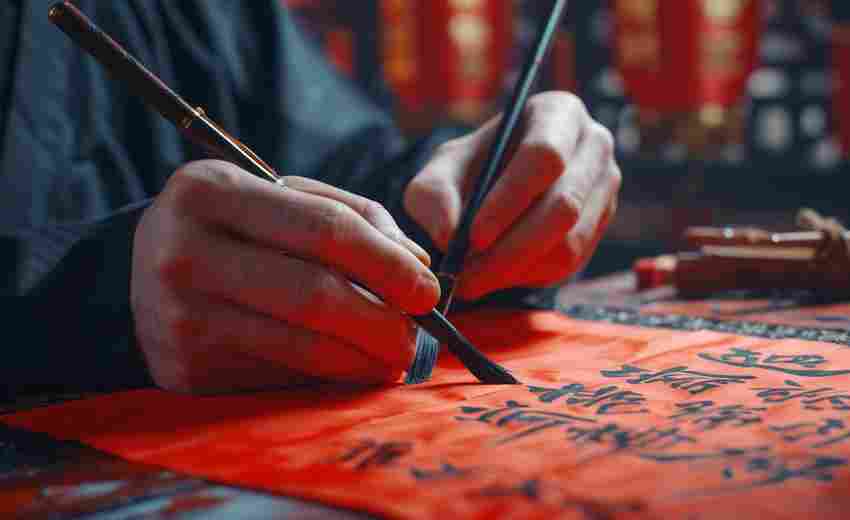
通过以上策略,考生既能展现语言能力,又能深度呈现中华文化的魅力,在高考作文中脱颖而出。




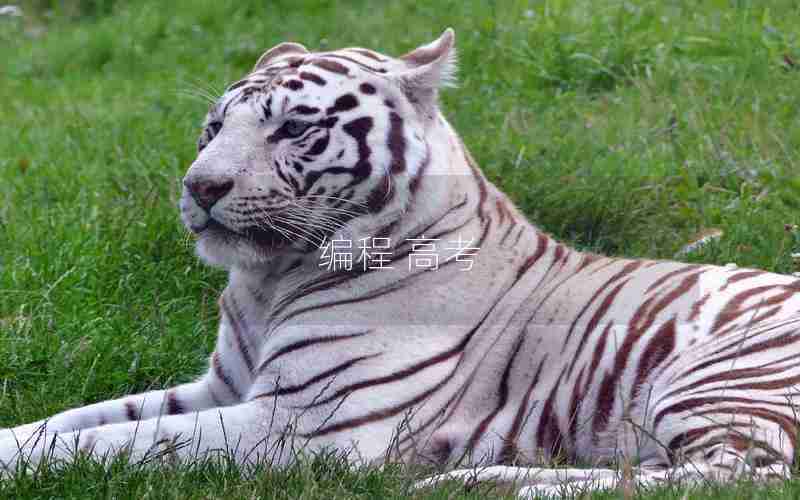

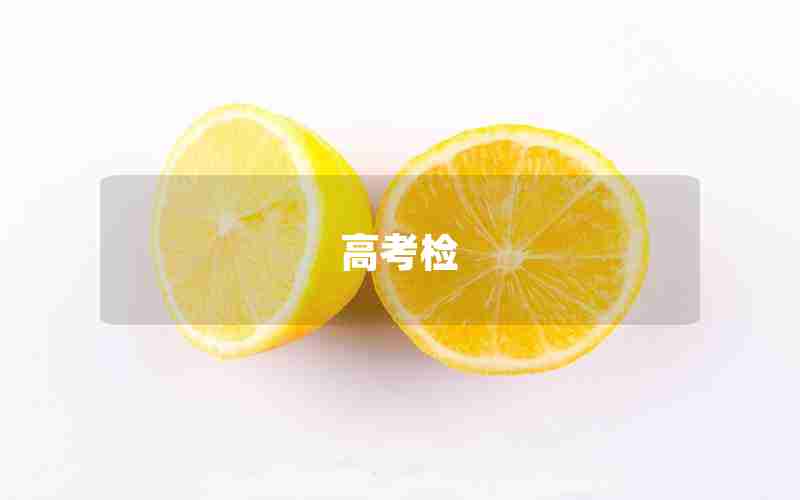






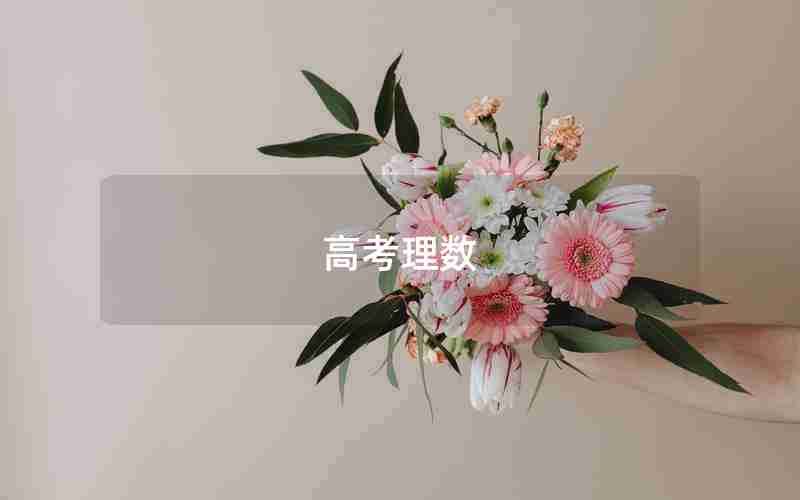
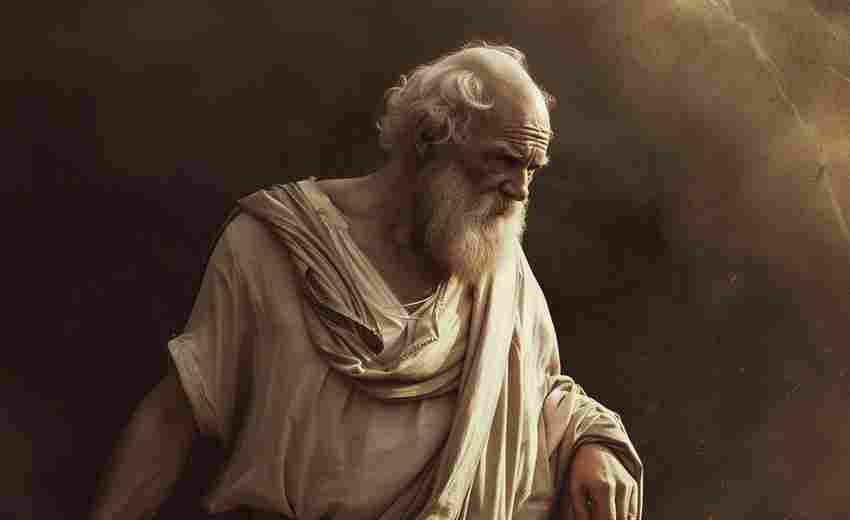


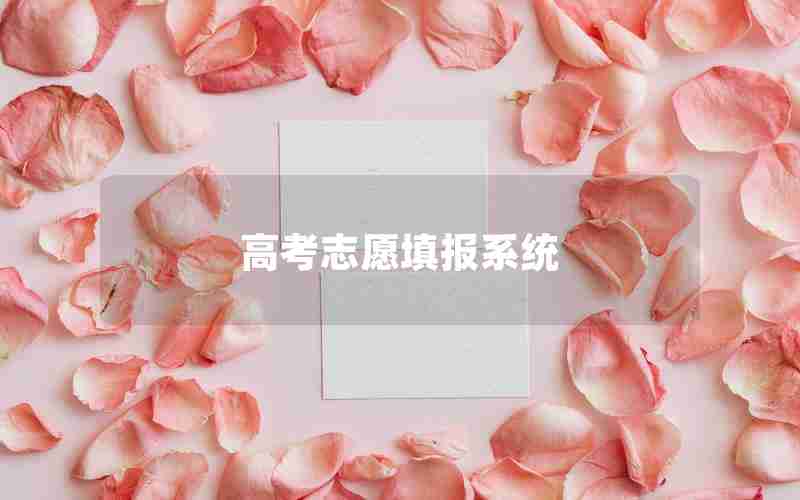











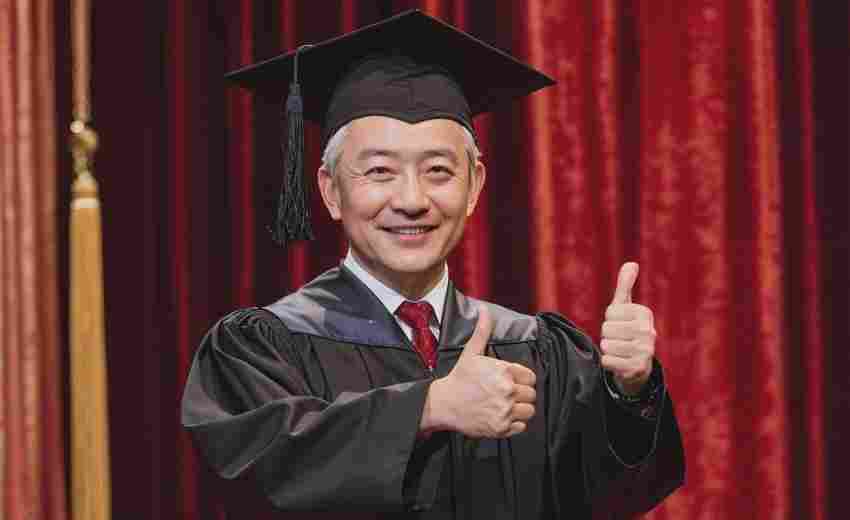





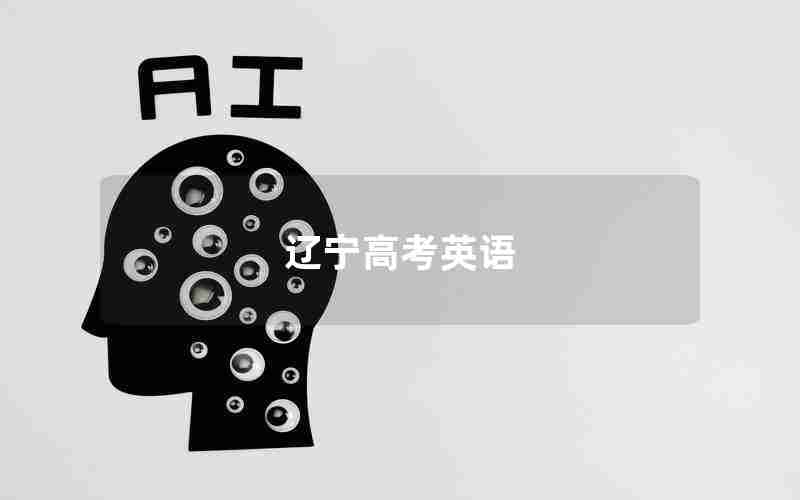


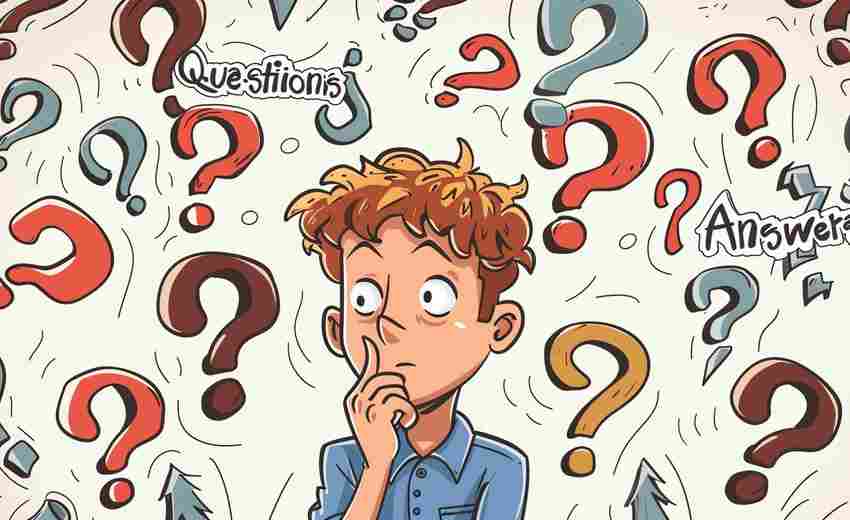

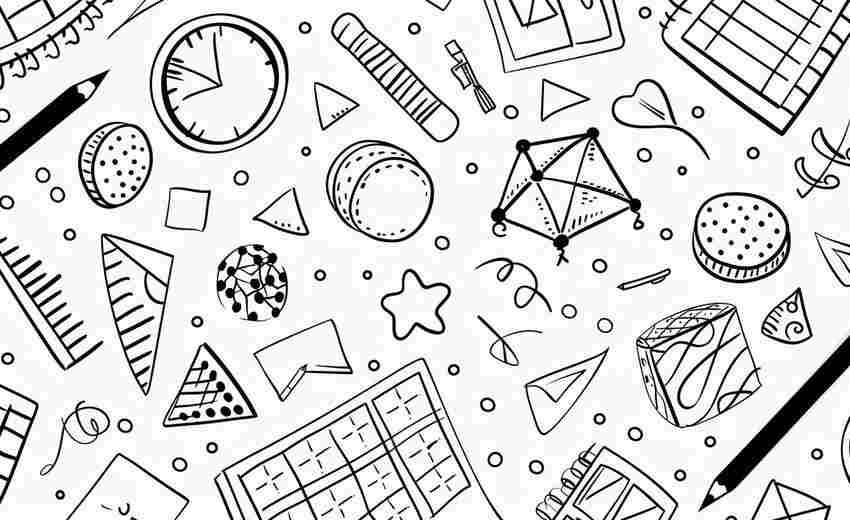






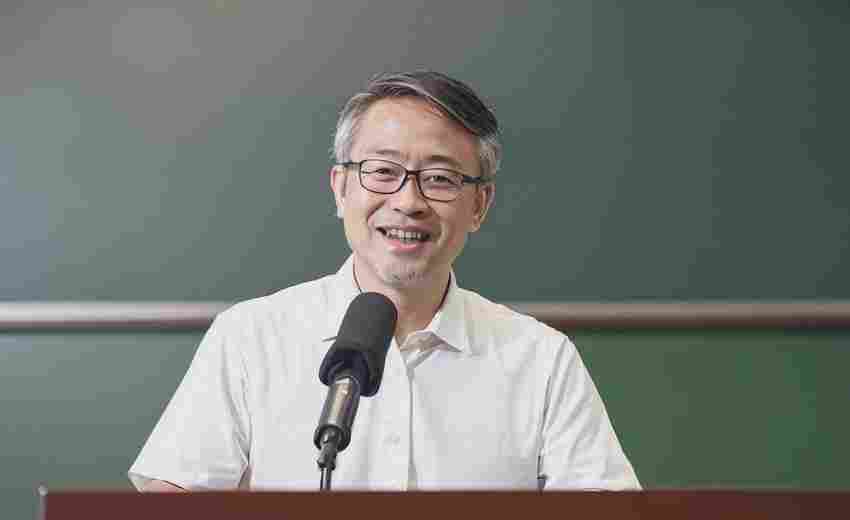
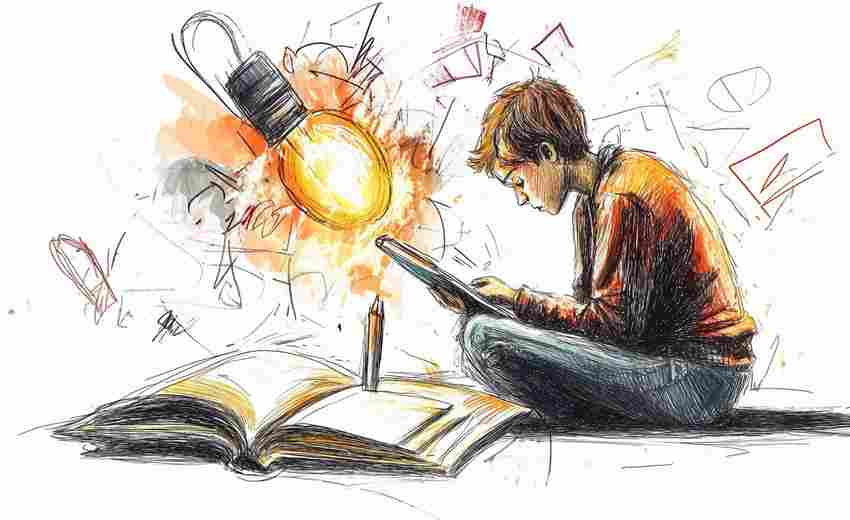
推荐文章
成功的关键因素是什么
2024-12-13文科生就业前景拓宽,高考志愿如何匹配未来市场需求
2025-05-07预估分数线对农村考生备考策略的指导意义
2025-04-30如何联系高校了解专业详情
2025-02-09高考生必看:适合在小城市创业的专科专业有哪些
2025-04-16如何识别专业名称相似但培养方向不同的坑
2025-04-08动物科学专业的学习内容包括哪些
2025-01-17理科专业的就业前景如何
2025-01-03舞蹈特长生如何平衡学业与训练
2024-12-02复读生的自我管理技巧有哪些
2025-01-03